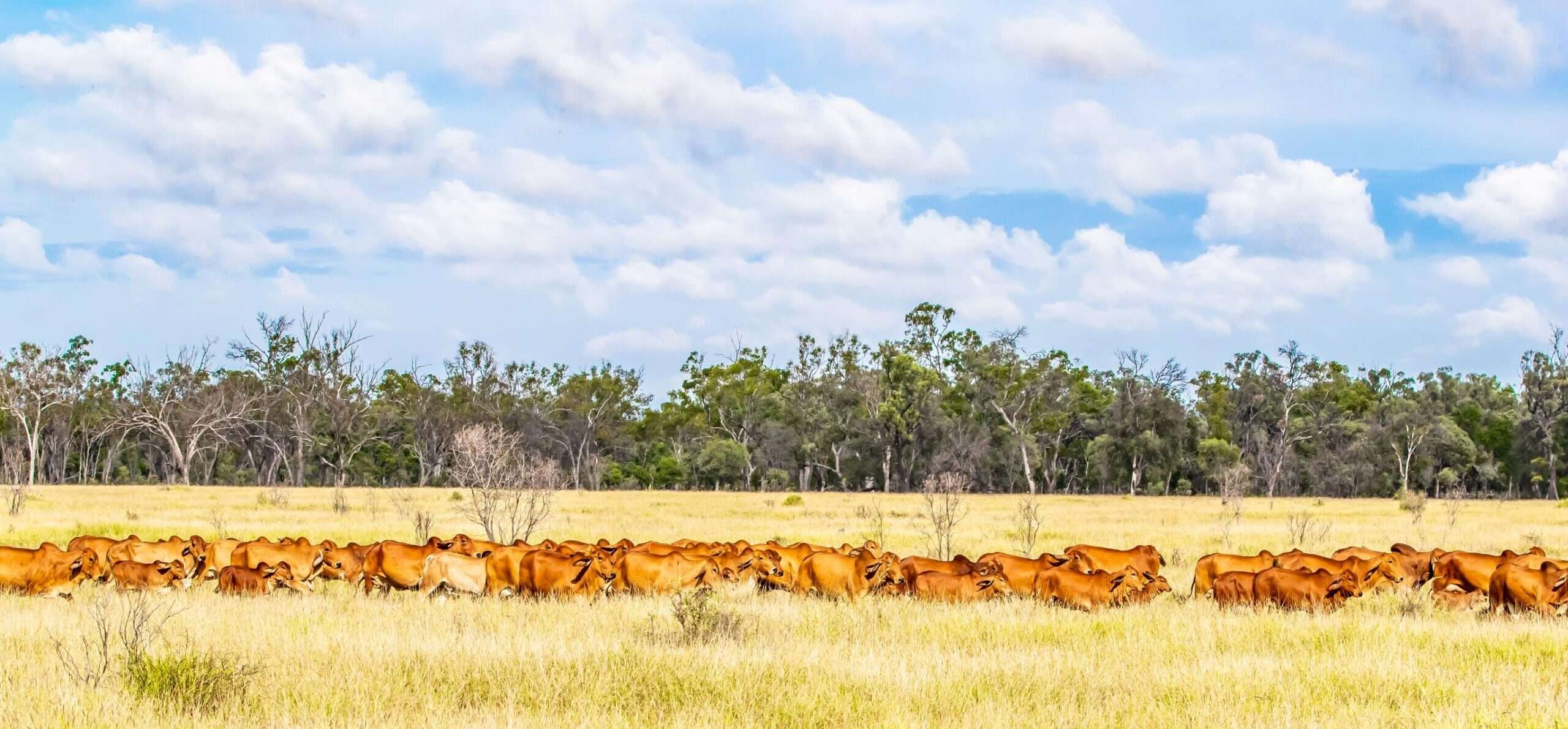RAHMAN NEWS SEPTEMBER 2011 Issue #172
by Jon CONDON www.beefcentral.com
The nation’s largest supermarket retailer, Woolworths is laying the foundations for a move into Meat Standards Australia grading across its national beef supply chain supplying 840 supermarket outlets.
The historic move will represent a first for a national retailer in Australia.
While both Coles and Woolworths have adopted much of the MSA meat science in their beef production systems, they have consistently resisted full adoption of the national grading system over the past 12 years.
The primary justification for that has always been a desire to promote internal ‘company’ beef brands, rather than a generic label like MSA. Also, there was a fear that if MSA identity was to appear in both Coles and Woolworths stores, it could dilute any point of difference advantage in branding between the two.
Since major rival Coles announced its no HGP strategy late last year, there has been increasing speculation that Woolworths would take some decisive action to counter the move, and to strengthen ‘brand Woolworths’ in the chilled cabinet. Adoption of MSA has been an obvious option, and one raised in speculation on Beef Central in recent months.
It should be stressed, however, that Woolworths at this point, at least, has not indicated any intention to adopt an MSA identity as a marketing tool at retail level, and the current move is primarily about aligning procurement strategies and heightening product consistency.
Woolworths last week issued a letter to both livestock and boxed beef suppliers advising them of the company’s decision to adopt supply which is MSA-3 compliant.
Part of the intention will be to see boxed beef supply and livestock align with each other better from a quality perspective, and the abundance of MSA-backed product now available in the domestic marketplace since adoption by some of the nation’s largest processors means that is now much easier to achieve and maintain on a regular basis.
National retailers regularly supplement their own beef supply chains with additional tightly specified boxed supplies out of the commodity market, used often in specials and similar marketing activity.
It has not yet been clarified by Woolworths over what adjustments, if any, are likely to be made at processing facilities used by the company, including Churchill Abattoir (Ipswich) and southern killing sites to accommodate a full MSA kill. Provision for MSA grading will be one obvious inclusion above current requirements.
No clear signals have yet emerged about boning group boundaries or other MSA grading requirements. In the early stages at least, the move is not likely to have any impact on Woolworths’ specs regarding breed content, variants on HGP type, or other issues that can impact MSA grading compliance. The move could also take some of the subjectivity out of feeder cattle selection, suppliers say.
The Woolworths letter to suppliers says, in part, that the company plans to continue its focus on quality of meat.
“With our livestock suppliers support over many years we have achieved both positive growth in market share and satisfied many consumers with good quality and value-for-money beef,” the letter says.
“To ensure our continued customer growth and satisfaction with their beef purchases from our stores, we will be implementing the Meat Standards Australia grading system. The system will ensure our customers’ expectations are met when they buy beef from Woolworths.”
“Meat Standards Australia is a grading program designed to guarantee tenderness that involves all sectors of the beef production chain from paddock to plate. A new specification and payment grid for November is based on MSA grading criteria and will be implemented in the next few weeks,” the letter says.
While there is nothing wrong with Woolworths current beef offer in terms of quality or consistency, the company has often made the point that each individual carcase is ‘touched’ by up to 400 retail customers. That means if just one carcase exhibiting sub-standard eating performance sneaks through the system, it can have a significant impact on a substantial customer base. MSA adoption is designed to provide watertight security that that can’t happen.
Woolworths national supply chain processes about 8500 heavy supermarket weight steers and heifers weekly. Compliance against company specifications is currently running 94-95 percent among contract holders.

